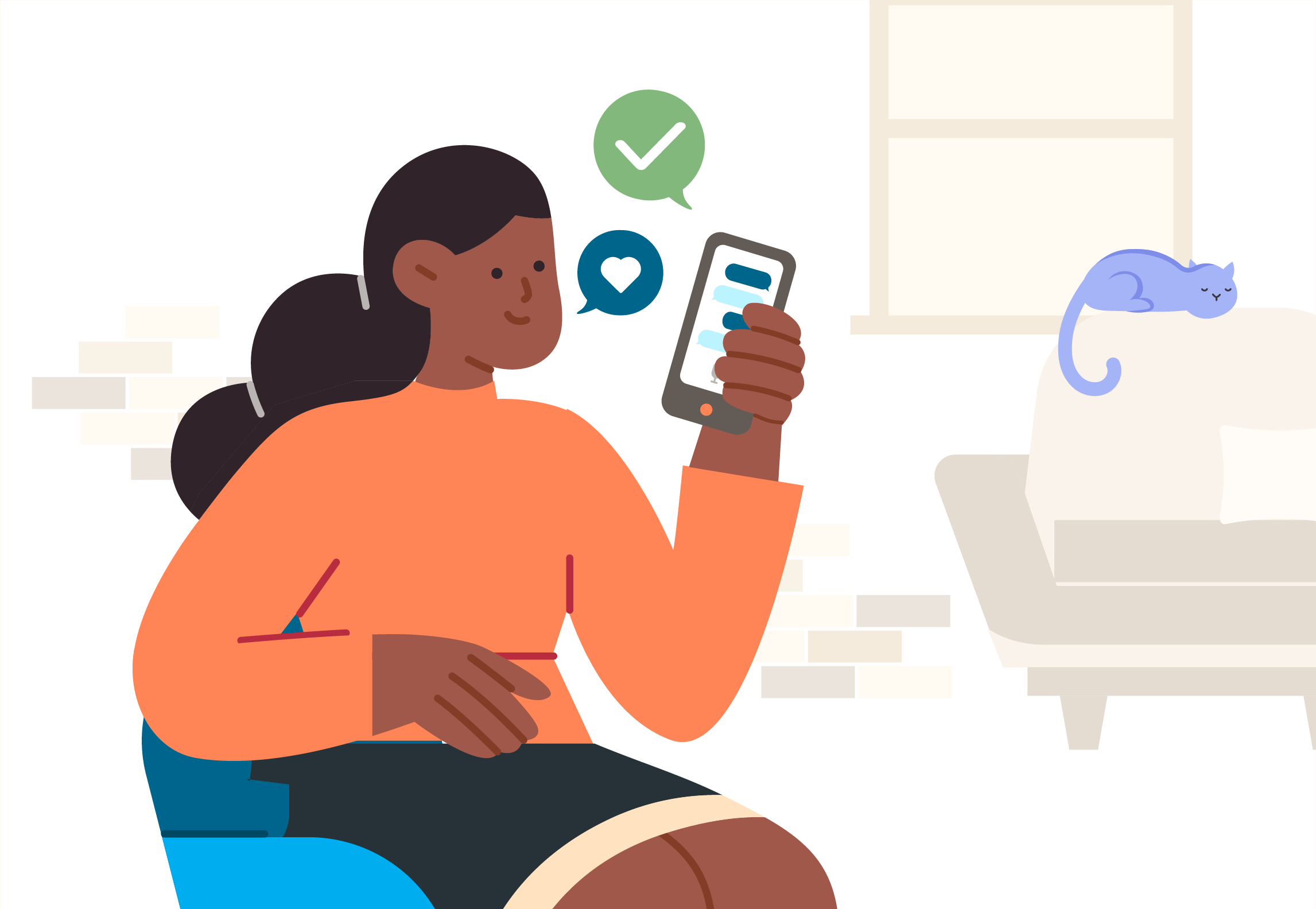
Leverage Generative AI to Liberate Information Critical to Patients, Providers
Patients often struggle to access information that would help them live healthier lives. Why? Because this information may be:
- Locked and inaccessible. The organization’s infrastructure may lack functionality needed to deliver information effectively to patients.
- Accessible, but difficult to find. Patients may not be aware of resources available to them – or where to find them.
- Findable, but difficult to understand. Content may exist, but not written in language familiar to patients.
A provider may schedule a patient for a medical procedure, but that patient might not fully understand risks and benefits. Lacking clear explanations, the patient may be unable to make an informed decision, potentially leading to negative outcomes.
Pharmaceutical companies create prescribing information (PI) with essential details about medications. However, patients might have difficulty accessing and understanding these documents – in large part because they have been written for healthcare professionals and are full of unfamiliar terms and jargon.
Consequences of Inaccessible or Complex Information
Healthcare organizations experience consequences when patients – and other stakeholders – can’t access or comprehend important information:
- More calls to the call center – Patients may resort to phoning the call center for assistance. This leads to increased volumes, which overwhelms agents and causes delays in response times.
- Poor patient experience – When they lack information, patients may not understand the ramifications of their medical decisions. They may feel frustrated, confused and powerless, which can negatively impact their overall perception and experience, and perhaps prompt them to seek care elsewhere in the future.
- Poor patient outcomes – Similarly, when patients are unaware of the advantages and risks of a medical procedure, they lack the ability to make truly make informed decisions about their care, which may lead to adverse outcomes. For example, a patient may delay a colonoscopy because they mistakenly believe it to be painful and unnecessary, when it's actually crucial for their health.
Generative AI Can Unlock Information
Generative AI has the capacity to remove roadblocks that interfere with patients accessing and understanding information vital to their wellbeing. With the power of Orbita's AI and natural language processing, patients are equipped to live healthier lives – because they can simply ask questions and receive clinically validated answers through an easy-to-use conversational interface.
Making information accessible
Orbita provides an integration framework and pre-built connectors that allow healthcare organizations to make content more accessible. By doing so, they can quickly get the right information to the right people, helping to bridge the gap.
Making information easy to find
Patients struggle to sort through the sheer volume of information available in order to find what's relevant. Orbita can help by transforming traditional search-based approaches into conversational dialogs. This allows patients to ask specific questions and get direct, relevant answers, diminishing the time and effort it takes to find the right information and providing a more personalized experience.

Making information easy to understand
Medical information is often written in technical language that can be challenging to understand. Orbita leverages generative AI to summarize content in familiar language, breaking down complex concepts into simpler terms without changing the meaning so patients make informed decisions.
Conversational AI and virtual assistants can transform the way we access information for the better. Orbita's platform helps unlock institutional knowledge to drive better care. With its ability to rapidly extract information from any content, coupled with a user-friendly interface, Orbita is changing the future of how patients access information supplied by provider and life sciences organizations.
Want to learn more?
Click the button below to schedule a demo!

